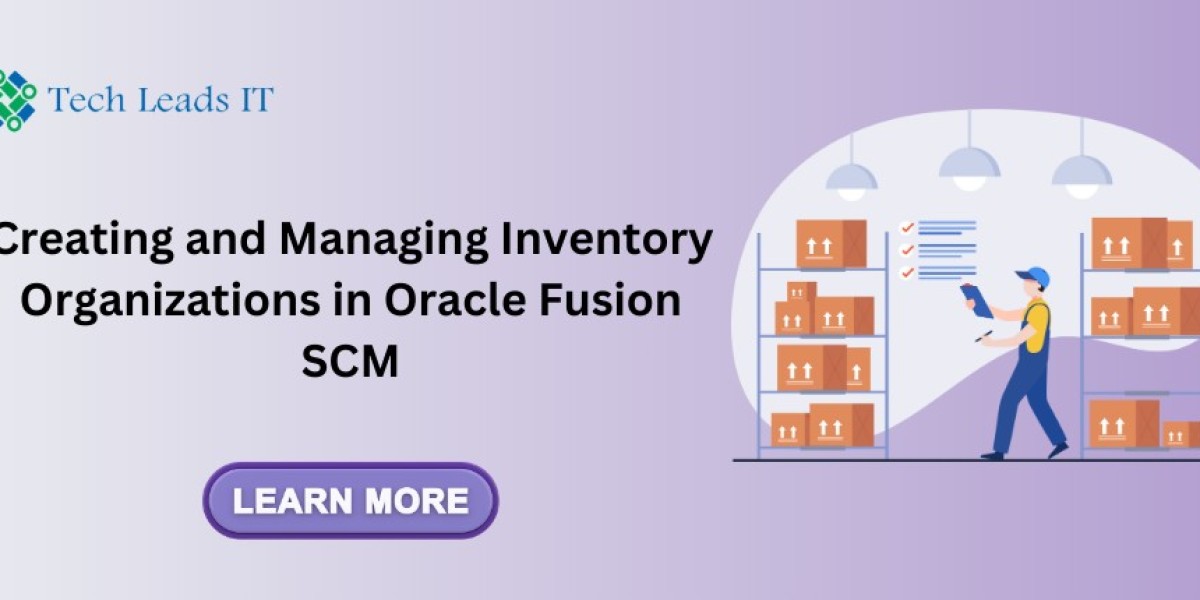Introduction
The construction industry operates under unique financial and tax regulations, and one of the most critical frameworks is the Construction Industry Scheme (CIS). For small construction firms, navigating the complexities of CIS can feel like walking through a maze. This is where CIS tax accountants come into play. They are specialized professionals who ensure that your business stays compliant while optimizing your financial operations.
Understanding the Role of CIS Tax Accountants
A CIS tax accountant specializes in managing the tax responsibilities of businesses operating under the Construction Industry Scheme. They act as your financial guide, handling everything from compliance to tax optimization. CIS regulations can be complicated and time-consuming. For small firms with limited resources, trying to handle this in-house can lead to mistakes, penalties, and missed opportunities for financial optimization.
Core Services Provided by CIS Tax Accountants
CIS tax accountants in the uk assist small firms in registering with HMRC under the Construction Industry Scheme. They ensure that your business meets all compliance requirements, avoiding legal complications down the road. One of the primary aspects of CIS is deducting tax from subcontractor payments. CIS tax accountants calculate these deductions accurately, ensuring compliance with HMRC rules and helping firms avoid under- or overpayment issues.
Subcontractor Verification
Before making payments to subcontractors, firms must verify their status with HMRC. CIS tax accountants handle this process, ensuring accurate classification and avoiding hefty penalties for misclassification. CIS accountants prepare and submit monthly returns to HMRC, detailing deductions made from subcontractor payments. This service is critical for staying compliant and avoiding fines for late or incorrect filings.
Record-Keeping and Documentation
Accurate record-keeping is a cornerstone of CIS compliance. Tax accountants ensure that all records meet HMRC standards, from payment details to subcontractor verification documents. Disputes can arise between contractors and subcontractors or even with HMRC itself. CIS tax accountants step in to mediate and resolve these issues, saving time and reducing stress.
Additional Services Offered by CIS Tax Accountants
Managing payroll in a construction firm often involves integrating CIS deductions with PAYE systems. Tax accountants streamline this process, ensuring that both employees and subcontractors are paid accurately and on time. CIS tax accountants also provide guidance on VAT, which can be particularly tricky in the construction industry. Their expertise helps firms optimize their tax position and avoid costly mistakes.
Business Growth Support
Beyond compliance, CIS tax accountants offer financial planning services designed to support business growth. They provide strategies to reduce tax liability and improve cash flow, enabling small firms to thrive. For small construction firms, hiring a CIS tax accountant can be a game-changer. These professionals save you time, reduce stress, and minimize the risk of penalties. Moreover, their expertise can help improve your firm's financial efficiency, leaving you free to focus on growing your business.
Choosing the Right CIS Tax Accountant
Look for accountants with relevant qualifications and proven experience in the construction sector. A CIS tax accountant with deep knowledge of the construction industry will be better equipped to address your firm’s unique needs. Always check reviews or ask for client references to ensure you’re hiring a reputable professional.
Handling CIS Deductions and Payments
CIS tax accountants play a crucial role in managing deductions under the scheme. For subcontractors, contractors are required to deduct 20% (for registered subcontractors) or 30% (for unregistered subcontractors) from their payments for tax purposes. Here’s how accountants help:
Ensuring accurate deductions to avoid overpayment or underpayment of tax.
Providing detailed payslips and deduction statements for subcontractors.
Managing refunds for over-deductions or ensuring the correct amounts are paid to HMRC.
This process ensures smooth cash flow for subcontractors and compliance for contractors.
CIS Monthly Returns
Contractors are obligated to file monthly CIS returns to HMRC, detailing payments made to subcontractors and deductions taken. CIS tax accountants provide:
Preparation and submission of monthly returns before the deadline.
Verifying subcontractor details to avoid errors.
Handling corrections if HMRC flags inconsistencies in the returns.
Missing deadlines or submitting inaccurate returns can lead to fines, so this service is indispensable.
Payroll Management
Payroll in the construction industry often intersects with CIS obligations, especially when payments to subcontractors are involved. CIS tax accountants handle:
Running payroll for employees while ensuring compliance with PAYE and National Insurance Contributions (NIC).
Differentiating between subcontractors and employees for payroll purposes.
Automating payroll processes to reduce administrative burden.
For small construction firms with limited resources, outsourcing payroll management to CIS experts can save time and reduce errors.
Tax Planning and Advice
Beyond compliance, CIS tax accountants offer strategic tax planning tailored to the needs of small construction firms. This includes:
Advising on how to structure the business to minimize tax liability.
Identifying allowable expenses that can be deducted to reduce taxable income.
Planning for VAT registration and compliance, if applicable.
Tax planning ensures that firms maximize their profits while staying within legal boundaries.
Support During HMRC Audits
HMRC regularly audits construction firms to ensure compliance with CIS and other tax regulations. These audits can be daunting, but CIS tax accountants provide:
Preparation of all required documentation, including payment records and deduction statements.
Representation during the audit process to address HMRC queries.
Assistance in resolving disputes or penalties, if any arise.
Having a knowledgeable accountant by your side can significantly reduce the stress and potential financial impact of an HMRC investigation.
CIS Compliance Reviews
CIS tax accountants perform periodic reviews of a firm’s operations to ensure ongoing compliance. These reviews include:
Checking if subcontractors’ details are up-to-date and registered with HMRC.
Verifying that deductions are correctly calculated and documented.
Identifying areas where compliance could be improved to avoid penalties.
This proactive approach helps small construction firms stay ahead of any regulatory changes.
Support for Self-Employed Subcontractors
Many subcontractors in the construction industry are self-employed, and CIS tax accountants assist them with:
Filing self-assessment tax returns to claim tax refunds.
Calculating and paying National Insurance Contributions.
Keeping records of income and expenses to ensure accurate tax reporting.
These services are crucial for self-employed workers to manage their finances efficiently and avoid tax-related issues.
Training and Advisory Services
For small construction firms that prefer to handle some CIS tasks in-house, accountants often provide training and advisory services. These include:
Training staff on how to process CIS deductions and maintain compliance.
Advising on software tools to streamline CIS reporting and record-keeping.
Offering ongoing support for complex queries or unusual scenarios.
This enables firms to build internal capacity while relying on professional expertise for more challenging tasks.
Conclusion
Navigating the CIS landscape can be daunting for small construction firms, but with the right CIS tax accountant by your side, you can ensure compliance, save money, and focus on what you do best—building.
FAQs
What is the Construction Industry Scheme (CIS)?
The CIS is a tax framework requiring contractors to deduct tax from subcontractor payments and submit it to HMRC.Can CIS tax accountants help with subcontractor disputes?
Yes, they mediate disputes and ensure accurate classification and payments.How much do CIS tax accountants typically charge?
Fees vary based on services, but most charge a monthly or annual fee for comprehensive CIS management.What happens if I don’t file my CIS returns on time?
Late filings can result in penalties and interest charges from HMRC.Do small firms really need a CIS tax accountant?
Yes, they simplify compliance, save time, and reduce the risk of costly errors.









